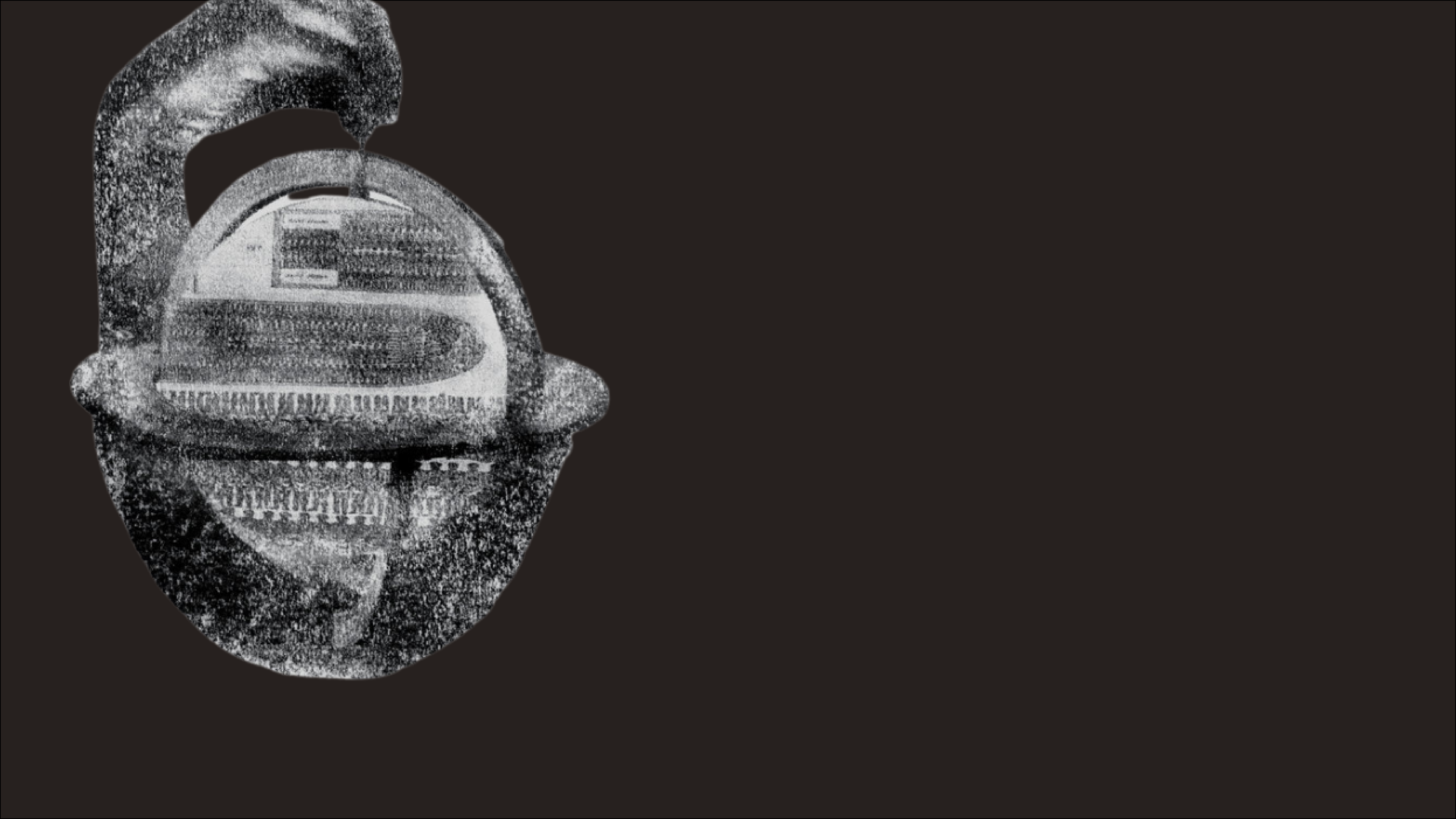This unit was created by African American History at Mastery Charter Schools, as part of the 2021 cohort of The 1619 Project Education Network. It is designed for facilitation across approximately three weeks, or 13-to-15 class periods.
Essential Questions
- What was the social and political impact of the Atlantic Slave War?
- How did the process of enslavement impact African identity?
- What methods of control were used by owners/enslavers?
- What forms of resistance were used by enslaved Africans?
Unit Overview
This unit investigates the origins and history of the Atlantic Slave Trade/War. Students will study the differences between West African slavery and chattel slavery. In detail, they will study the process of European kidnapping of Africans and forcing them into enslavement in the “New World.” Students will study the geography of global slavery and the specific roles/conditions enslaved Africans were forced to experience, as well as how enslaved Africans resisted. Ultimately, students will consider the process of enslavement and the larger social and political impact of slavery. This unit culminates in an analysis of poetry from The 1619 Project book/literary timeline, which serves as a model for students in developing an artistic memorial that honors enslaved Africans.
Objectives
Students will be able to…
- Describe the conditions of enslaved Africans.
- Understand and explain the geographic scope of slavery.
- Explain the relationship between Black resistance and white fear.
Performance Task
Honor Your Ancestors Project
After reading examples of poems that memorialize enslaved Africans and Black freedom fighters, students create their own memorial to reflect on the experiences of enslaved Africans during the Atlantic Slave Trade/War.
Students have the options of writing a poem, creating a poster, constructing an image, etc.
Implementation suggestions:
- Leave two days at the end of the unit for students to complete their project during class time.
- Have students present to one another through a gallery walk.
- Depending on classroom composition, educators may choose to refer to this project as “Memorial Creation.”
Three-week unit plan for teachers, including pacing, texts and multimedia resources, rubrics, and examples of student work. Download below, or scroll down to read the complete unit plan.
Unit Resources
Common Core Standards for History/Social Studies
RH.9-10.2 Determine the central ideas of information of a primary or secondary source.
RH.9-10.9 Compare and contrast treatments of the same topic in several primary and secondary sources.
RL.9-10.4 Determine the meaning of words and phrases as they are used in the text, including figurative and connotative meanings; analyze the cumulative impact of specific word choices on meaning and tone.
Formative Assessment
Students use a graphic organizer to guide their exploration of and reflection on poems from The 1619 Project: A Literary Timeline. These poems serve as models for artistic expression that honors and memorializes enslaved Africans and Black freedom fighters. See below for example responses from students at Mastery Charter Schools in fall 2021.
Performance Task
After reading examples of poems that memorialize enslaved Africans and Black freedom fighters, students create their own memorial to reflect on the experiences of enslaved Africans during the Atlantic Slave Trade/War. See below for an example from a student at Mastery Charter Schools in fall 2021.


